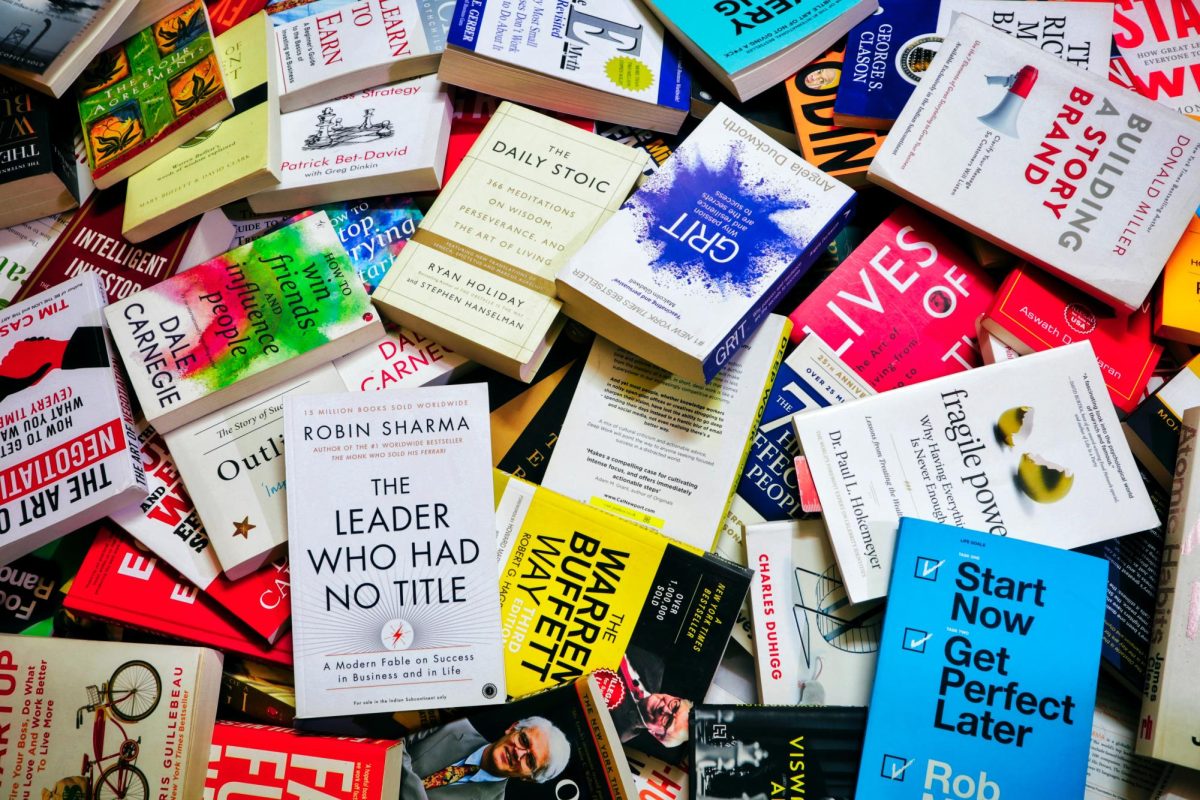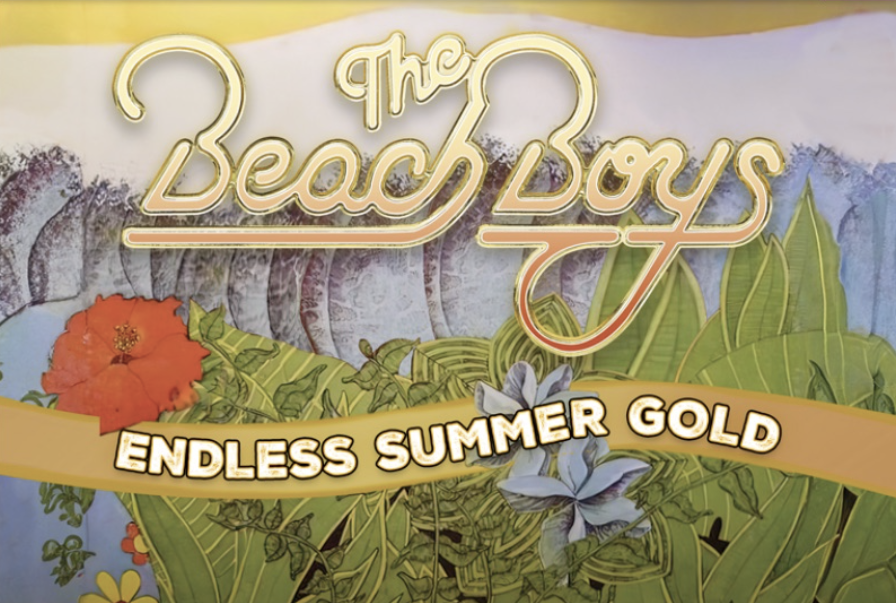BookTok, Bookstagram, Booktwitter, all of these subcommunities are some of the largest within social media. The community harbors millions of readers, writers, and critics of all kinds to talk about the one thing that unites them all: books. The community is more than just a gathering place for people with a similar interest, it has been found to have a significant impact on the publishing industry as a whole. The New York Times recently wrote about how the BookTok tag has launched books that are more than 10 years old, like We Were Liars by E. Lockheart, to the Bestsellers charts once again. But now, there are critics who are seemingly dismissive of the good the online bookworm community is doing. These criticisms are often misplaced, misguided, and sometimes, completely elitist.
One Bloomberg article recently compared the hype over Rebecca Yaros’s new novel, Iron Flame, to the fast fashion industry. It’s 100% fair to criticize the book and its author, but comparing the hype over a book about dragons to an industry credited with pollution and child labor is a bold statement to say the least. The argument that BookTok hyping up a novel that was playing into a big trope right now, that trope being the dark fantasy romance genre, is somehow a negative to the industry also doesn’t make sense.
Firstly, BookTok, through all intents and purposes, is an organic movement. It’s not a corporate army of influencers; instead, it’s a bunch of unconnected bookworms who find books and post videos and see if the viewers catch on. Second, why would you be upset that a certain genre is popular? If it’s not your cup of tea then it is not your cup of tea, but you don’t need to spit in everyone else’s tea because you don’t like it.
The argument that genre based fiction is somehow inferior comes off as elitist. We should be glad people are reading books. Yes, most of the BookTok books are fantasy and romance, but those are two genres that are insanely popular and always will be. That kind of put down sucks the passion out of readers and writers alike. We should facilitate these readers and encourage them to branch out and find what they like. Reading isn’t fun if you take the desire to read out of it.
It’s not just the fact that people are reading and sharing it online, it’s how they’re reading. For the most part, they are not going out and buying Nooks and Kindles to do their reading but buying the physical books themselves. The BookTok influencers don’t shy from showing off their expensive bookshelves and displaying the books when discussing them. The BookTok generation has grown up in an increasingly technological society, but has for the most part, chosen to stick to traditional methods of enjoying books. The power of the new book smell is an enticing chemical and it keeps bookstores alive.
Another fantastic example of the good the community does is how it amplifies a diverse set of authors and stories for readers. Works by women, LGBTQ+ authors, and authors of color have been highlighted by the community. Novels across genres that feature a plethora of diverse characters, stories,and themes have been pushed to the forefront and have a chance to be very successful. This diversity is so good for the industry because readers have a chance to explore new viewpoints that they may not have been exposed to in school or before the rise of this type. It also gives young authors inspiration that yes, in fact, they can reach people with whatever their story may be.
One criticism is how some booksellers have handled the trends. The approach of putting TikTok stamps on books and choosing to list off tropes is more pandering than advertising. For the most part, these BookTokers have used nuanced reviews to promote the books and tell readers “this is why you should read it.” Covering a book in stickers and using trope names isn’t going to get a curious reader to pick the book up. Perhaps they should consider either better methods of promotion or just allowing the books to be organically promoted.
There is a lot of good that the trend of online bookworms has offered but the best is community. Take Cait Jacobs, @ caitsbooks on TikTok and Instagram, who created a literal book club on her TikTok live streams. It gives readers a chance to bond and find people with similar interests that they may not have otherwise. So while social media is an untamed lion that has reaped plenty of discord and sorrow upon the world, consider that the online bookworms may have carved out a tiny piece of good through all the muck and hate that comes out online. What’s so wrong about having a passionate hobby and sharing it with others?

